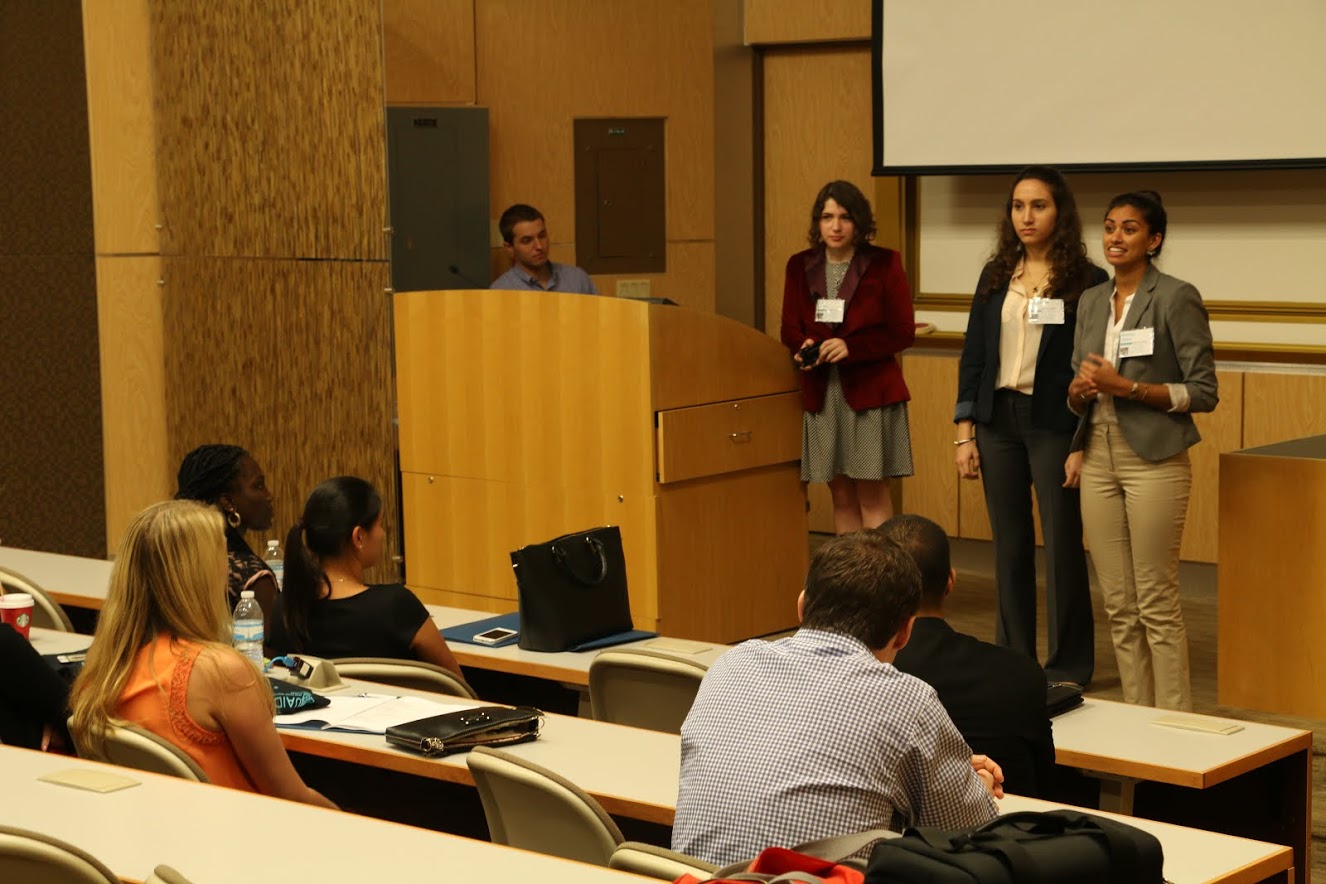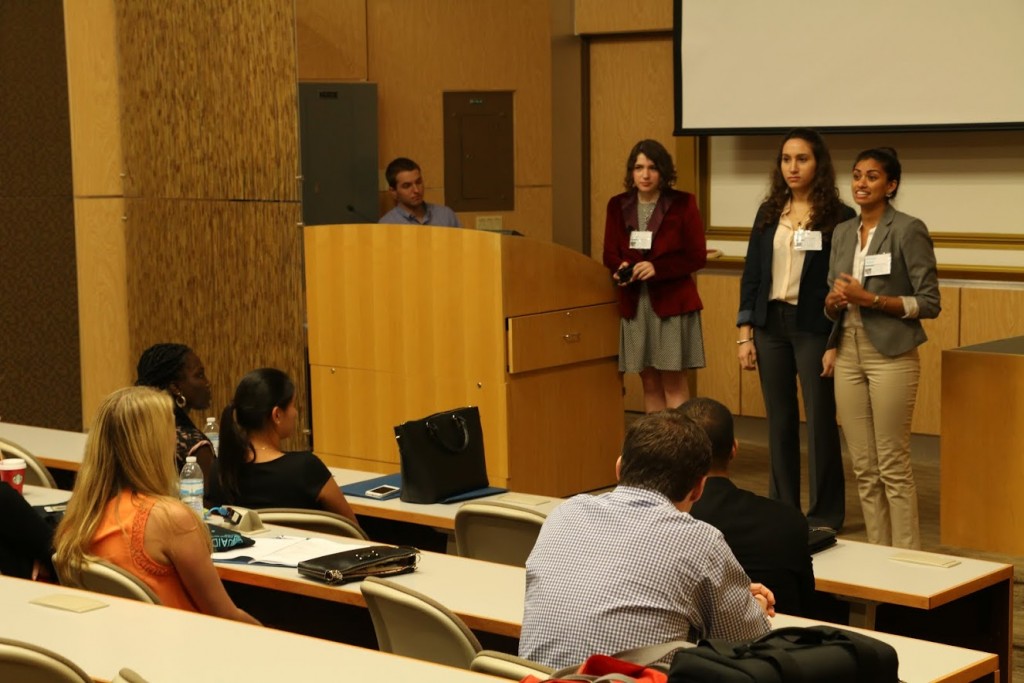

Sonia Gupta was only a fifth grade student when a trip to India led her to realize that there was a world very different from the suburbs of Ohio where she grew up. Inspired to make a difference, Gupta used her first summer as a college student at Yale University to conduct health disparities research in India, giving birth to the concept of United Against Inequities in Disease (UAID), for which she is now the CEO.
“I want students to feel that they can make a difference,” Gupta said. “You are not too young, you don’t need graduate degrees, you don’t need permission from any authority figure. You can just go out there and do it.”
Currently, UAID has more than 30 chapters around the nation and aims to engage students through a variety of programs and events, such as their annual UAID symposium. This year, the University of Miami chapter is hosting the symposium from Friday to Sunday.
“Every year it gets better and better, both in number of people and in the quality of content,” Gupta said. “I remember the first symposium was a one-day event at my college with about 15 people showing up. It’s mind-boggling how that evolved into this, where we have a roomful of people, having high-quality discussions that are all engaging and interactive.”
About 80 people from different colleges across the nation registered to attend the 2015 UAID symposium, a weekend-long conference that will allow attendees to work in groups that address specific public health issues and to actively engage with speakers from the public health field.
“Public health is a pretty wide field, and I wanted to know about all of its bits,” said Edith Amponsah, a junior attending from the College of William and Mary in Virginia. “There’s a difference between listening and wanting to do it, so I hope that after this we will be more active and show our inspiration by working as active citizens rather than just saying how inspired we are.”
Dr. Erin Kobetz, director of the Sylvester Comprehensive Cancer Center’s Jay Weiss Institute for Health Equity, spoke to students about community-based participatory research and her work to resolve cervical cancer disparity in Little Haiti during Friday’s session.
“Many universities don’t do an interstellar job about serving communities that are close to them,” Kobetz said during her speech. “The University of Miami is not ‘all about the U.’”
She also emphasized that to make a difference in the field of public health, it is important to become “community competent,” as isolating discoveries in academic centers will do nothing to address and solve health inequities.
Upon registration, students chose a topic of special interest, such as health policy, infectious disease and maternal health. Students were then separated into those groups to work on the Innovative Social Change Competition, which will encourage attendees to design petitions or public service announcements that will tangibly affect their specific issue. Each member of the winning team will receive a $50 cash prize.
“Here you get to see how diplomacy is done and how many people come into play, but also how other people tend to either follow you or completely contradict your ideas,” said Eduardo Rangel, a junior studying biomedical engineering at UM. “I wanted to learn about public health and public health innovation, and with this subject, it is all about the group discussion and talking about things together to reach a solution.”
In addition to the group discussions, attendees underwent an Ebola epidemic simulation, which entailed acting as different decision-makers in the real world, such as the Department of Homeland Security, to create a policy for allowing infected U.S. citizens to return to the U.S. for care.
“I think it’s a great opportunity to see how multi-dimensional these issues are and how it’s not just one actor with one decision to make,” said Nikita Allam, a junior studying economics and international studies at UM. “I think that public health should be common knowledge and it’s going to take a lot of time until that happens, but this is where it starts.”
The symposium will continue through Sunday. For inquiries about UAID and how to get involved, find their table at the Spring Involvement Fair on Jan. 21 on the Foote Green.





